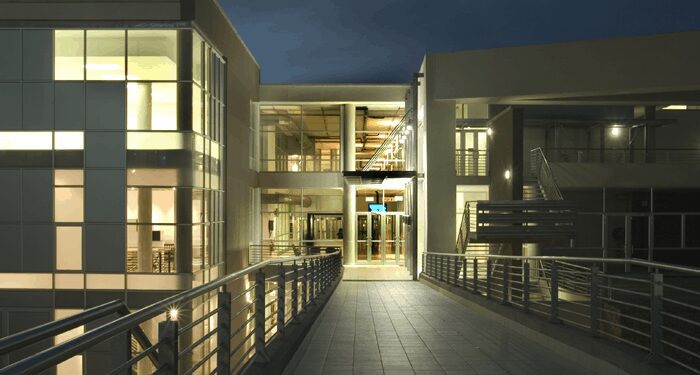University of Johannesburg, Johannesburg, South Africa
Deadline: 16 September 2019

The Faculty of Art, Design and Architecture at University of Johannesburg, in partnership with the Apartheid Museum is calling for papers for a one-day colloquium on the theme of ‘Designing Apartheid’.
As a highly deliberate system of institutionalised racism and segregation, apartheid permeated every aspect of South African political and cultural life, and its pernicious effects continue to inform the present – politically, socio-economically, and culturally. While the origins, ideological bases, and sociological, psychological and political effects of apartheid have, since 1994, been subject to a variety of ongoing multidisciplinary analyses, the question of its manifestation in the realms of design and visual culture has to date not been a regular subject of focused scholarly investigation. This is despite the fact that environments and daily experiences of South Africans continue to be mediated by the long-reaching and persistent consequences of design policies implemented by apartheid urban planners, industrial designers, technocrats, architects, and ideologues. The effects of apartheid, whether petty or grand, were highly calculated, all-encompassing, and systematically designed. Examples abound: from the large-scale transformation of the demographic and geopolitical landscape through the creation of Bantustans, the Population Registration Act, the Pass laws, and the Group Areas Act; to the valorisation of western culture at the expense of African cultural forms, and the divisive use of print media and later television to disseminate propaganda (through channels segregated according to racially specific content). This design ideology governed (and disciplined) everyday life, through mechanisms such as the euphemistically named ‘Reference Book’ (Pass book) – with pages, spaces and lines against which police, employers and government officials stamped their presence upon the lives of black bodies – the ubiquitous ‘matchbox’ house of the townships, the all-male and all-female hostels of the migrant labour system, and the production of the infamous Casspir and Ratel police and military vehicles, whose design was intended to intimidate, surveil and frighten the civilian opposition. The inescapable, systemic inheritance of such violent design continues to insidiously inform the post-apartheid context, evading critique and hampering efforts at transformation and decolonisation. This shadow of apartheid raises serious and long-overdue questions about the history and implications of apartheid’s design, and its problematic legacy and effects. What was apartheiddesign? If, as Walter Peters (2004) argues, the government required that South African architects give substance to apartheid ideology in their designs, what sort of designs were these and how did they impact society? How were buildings, objects, visual culture and material culture implicated, and how do they continue to be implicated in the normalising racial logics of apartheid? What forms did apartheid design take? How were designed forms, structures, spaces and artefacts associated with the social catastrophe of apartheid, entangled within – but also foundational to – the politics of obtaining and deploying power? The editors seek papers that reflect on these and other questions, encouraging critical engagement with the concept of ‘apartheid design’, as well as the origins, effects and enduring legacies of ‘designing apartheid’. A selection of papers will be identified for further development into an edited volume and/or special edition of an accredited journal. The colloquium will take place at the Faculty of Art, Design and Architecture at the University of Johannesburg, and will be preceded by a cocktail event and keynote address at the Apartheid Museum (speaker to be confirmed).
How to Apply Please submit your proposal with “Designing Apartheid” in the subject line, and send it to the convenors, Farieda Nazier (fnazier@uj.ac.za), Federico Freschi (ffreschi@uj.ac.za), and Leora Farber (leorf@uj.ac.za) by 16 September 2019. Presenters will be notified of acceptance by 30 September 2019. • a title for your paper;
Please submit a single Word document including the following:
• an abstract between 350 and 500 words in length;
• a short biography, including your current institutional affiliation (about 200 words);
• your contact details.